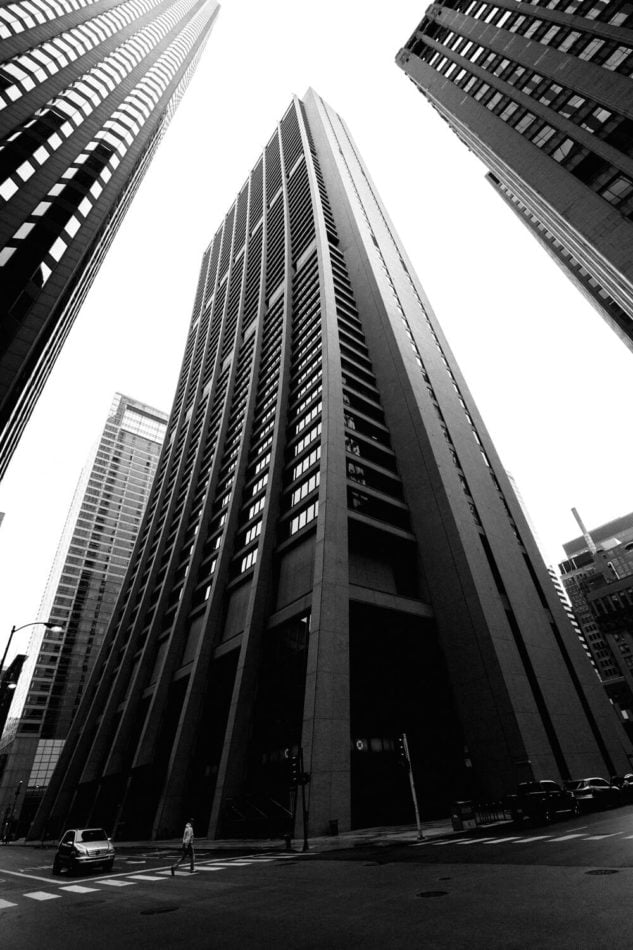The millennial generation, traditionally defined as individuals born between the years 1982 and 2004. Why are they important? Well, they entering the job market and will continue to with for years to come. Let’s perspective, a child born in 1982 would have graduated college around 2005; born in 2004? Expect to be graduating and entering the workforce around 2027.

At Tenant Advisors, we posed the question : what does this generation value in a workplace?
We spoke with millennials that recently entered the workforce to discover what inspires and fuels their passion in competitive work environments.
Data Analyst: office size 75-100 people
“ I work at a company that has outgrown its office space, currently we’re forced to have to maximize office space by sacrificing efficiency.
A lack of common space is detrimental, the only place you have is your desk area. If you need to take a phone call, we don’t really have anywhere in the office you could step aside to.
On the flip side – the office is in a great location. It’s very convenient to hop on the El and get to work in 30 minutes.
Our office has a great view of the city, we also have great facilities available in the building. Often times I’ll take advantage of the gym”
Inside Sales: office size 750-1,000 people
“ I think my favorite thing about my office is the layout and location. I am incredibly close to public transportation and am able to utilize the CTA to get to the office quickly, my commute is usually like 45 minutes.
My office has great amenities, they have a great common areas and a nice kitchen.
What I love about my office is the open collaborative, layout.
You can talk and interact among your coworkers, being able to get advice or ask for help from someone close by is really nice.
Something I think could be improved on is the aesthetic, I think the office could be better decorated. Don’t get me wrong, it looks really nice as is, but some fresh paint or new artwork would make a big impact in my opinion. Some more colors in the office would really brighten up the place and I would argue inspire creativity “
Financial Planner: office size 200-300 people
“ A lot of the work we do is collaborative and involves usually a whole team of people working together. Our meeting rooms are great, they are linked up with great technology so we can video chat among other offices really without having many problems.
Our clients depend on us to have a quick turn around so not having to worry about this or that going wrong, knowing we have reliable equipment allows us to better tackle the problem at hand.
Something I would improve on in my office would be to reconsider cubicles. Often times I find it acting as a barrier for productivity, often sending emails to people across the room.
I understand it’s how a lot of offices have been traditionally laid out, but this doesn’t necessarily mean this is the way it needs to be, ya know?”
There you have it, a first hand account from rising young professionals. For all your Chicagoland Office Space needs, Tenant Advisors will guide you every step of the way. Give us a call today at 847 778 0296, we look forward to hearing from you.


